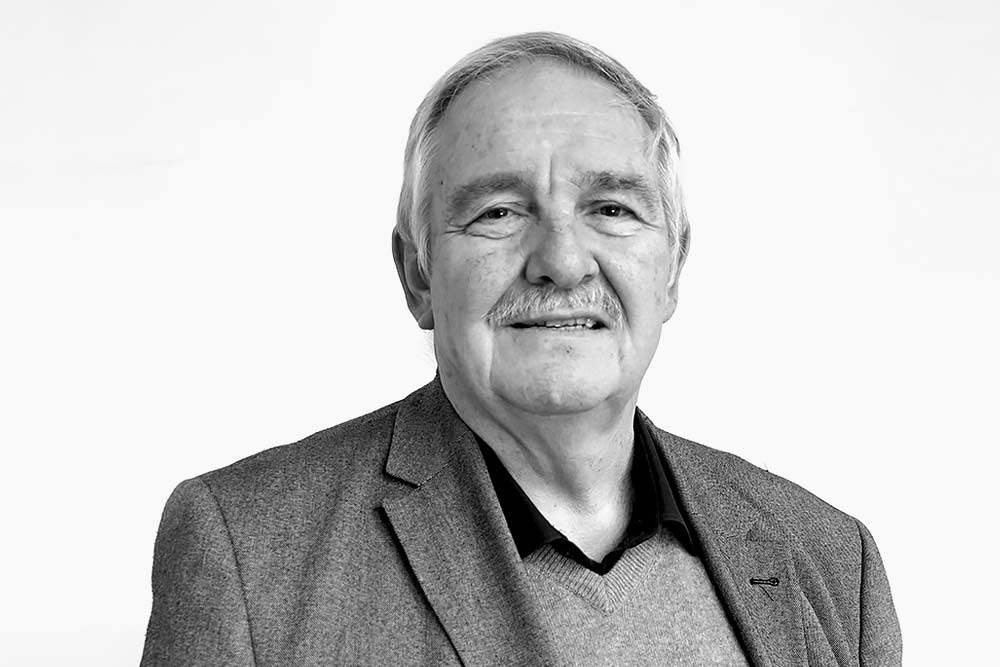
David Nutt is a professor of neuropsychopharmacology, a psychiatrist, a broadcaster, and a writer. David completed his medical training at Guy’s Hospital London, trained in neurology to MRCP, trained to be a psychiatrist in Oxford, and then continued there as a lecturer and a Wellcome Senior Fellow in Psychiatry. Prof. David Nutt is also the former chairman of Drug Science, a UK-based drugs advisory committee.
Colloquium Presentation: 13 May 2022 – 3.30-5 pm
Psychedelic Neuroscience and its Implications for psychiatry, psychology and Philosophy
Abstract
Psychedelics that act at the 5-HT2A receptor such as psilocybin LSD and DMT work by producing a profound disruption of ongoing oscillatory activity in the brain. This then disrupts the segregation of key brain networks and leads to increased crosstalk between them. in this state of increased disorder [entropy] abnormal thinking processes such as rumination that underpin disorders such as depression and addiction become temporally disrupted allowing the patient to “escape” from them. also the increased connectivity allows the person to discover new insights in their past and develop new thoughts about the future which can endure well after the trip is over. This prolonged benefit can be accentuated by psychotherapy and also by the 5-HT2A receptor stimulation that in rodent models can be shown to increase dendrite growth and synaptogenesis. Our recent neuroimaging studies of depressed patients recovering after psilocybin treatment reveals that the increased connectivity seen during the trip persists for weeks afterwards and is associated with increased flexibility of brain function, an outcome not seen with an SSRI. We think this increased flexibility may explain the experiences of increased connectedness with the world that patients often report and the improved wellbeing scores they register.